June 26, 2025 | 12:51 GMT +7
June 26, 2025 | 12:51 GMT +7
Hotline: 0913.378.918
June 26, 2025 | 12:51 GMT +7
Hotline: 0913.378.918
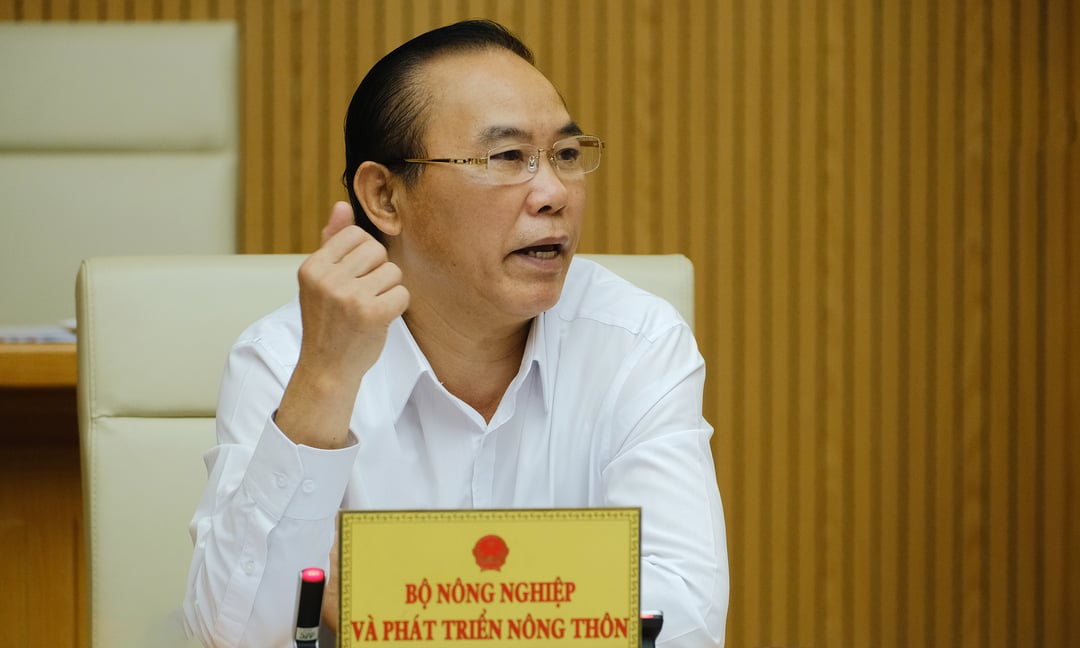
Deputy Prime Minister Le Van Thanh chaired the 6th meeting of the National Steering Committee on IUU Fishing Prevention. Photo: Duc Minh.
On September 20, Deputy Prime Minister Le Van Thanh chaired the 6th meeting of the National Steering Committee on IUU Fishing Prevention. According to Deputy Prime Minister Le Van Thanh, the European Commission (EC) will visit Vietnam at the end of October 2022 to inspect the implementation of anti-IUU recommendations, as well as investment in infrastructure and the situation of aquaculture.
After nearly five years of receiving the EC “yellow card” warning, the government along with the Ministry of Agriculture and Rural Development, branches and localities, have demonstrated many efforts to resolve this matter.
At the central level, the National Assembly passed the Law on Fisheries in 2017, the Government issued two Decrees, the Ministry of Agriculture and Rural Development issued eight Circulars. The Prime Minister issued three Directives, three Officials, and two Decisions. the National Steering Committee on IUU Fishing Prevention was established in the same year and is currently headed by Deputy Prime Minister Le Van Thanh. On the local side, 28 coastal provinces and cities established and consolidated the IUU Steering Committee. Many provinces and cities promulgated mechanisms and policies to improve implementation efficiency.
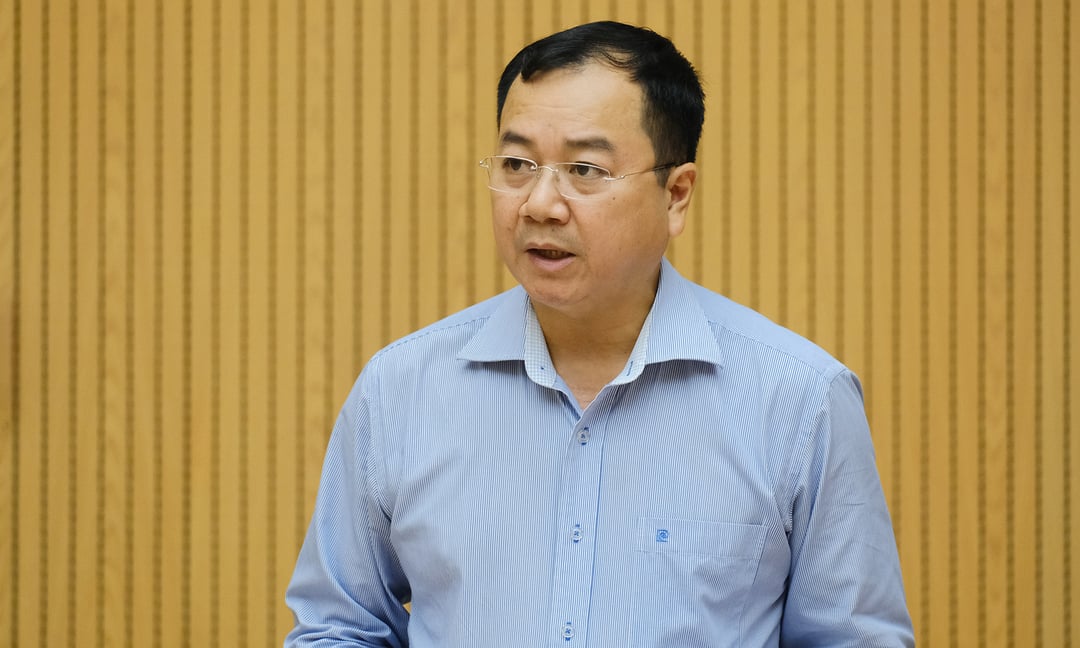
"We need to remind each other that removing IUU's “yellow card” is first and foremost for the sake of people's lives” - Deputy Prime Minister Le Van Thanh. Photo: Duc Minh.
Upon evaluating the results of the National Steering Committee on IUU, Deputy Prime Minister Le Van Thanh requested ministries, departments and branches to be more proactive in disseminating information and raising awareness for fishermen.
"We need to remind each other that removing the IUU ‘yellow card’ is first and foremost for the sake of people's lives. If we can do that, Vietnam will be more attractive to international investment, helping to develop the country's socio-economic development," said the Government leader.
Speaking at the meeting, Deputy Minister of Agriculture and Rural Development Phung Duc Tien assessed that Vietnam's legal framework for countering IUU is now relatively complete, clearly demonstrating its commitment to sustainable, responsible fisheries development and international integration. But after five years of implementation, difficulties still exist, and Deputy Minister Phung Duc Tien pointed out four reasons.
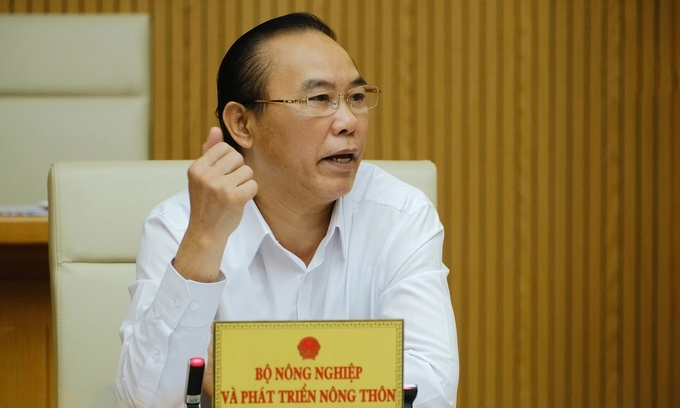
Deputy Minister of Agriculture and Rural Development Phung Duc Tien raised his opinion to remove the IUU ‘yellow card’ at the meeting. Photo: Duc Minh.
The first reason concerns fishing diaries. Deputy Minister Phung Duc Tien had gone to many fishing ports and looked at many journey diaries, and all he could see were “memoirs” recorded by the crewmembers’ family members. He believed that the root reason was the inconsistency of fishermen’s awareness in terms of IUU fishing prevention.
Secondly, the 28 coastal provinces and cities handle IUU violations unevenly. Deputy Minister Phung Duc Tien pointed out the phenomenon of ships running from one province to another to land. “The inability to trace the origin of caught seafood makes our country ‘lose points’ in the EC's point of view.”
Thirdly, the disbursement of infrastructure investment capital for fishing ports is still slow, making many grade 1 fishing ports unable to control and have exact determination regarding the catches.
The last reason stems from the fact that many provinces and cities have not paid due attention to anti-IUU works. Some places are slow in making changes to contribute to IUU “yellow card” removal such as Kien Giang, Ca Mau, Ben Tre, Binh Dinh, Binh Thuan, Bac Lieu, and Ba Ria - Vung Tau.
Clarifying the opinions of Deputy Minister Phung Duc Tien, Director General of the Directorate of Fisheries Tran Dinh Luan said that the review, registration and registration of fishing vessels in localities had not met requirements, especially the group of vessels from 6 to under 15 m.
According to the national fisheries database, there are only 44,339/60,419 registered vessels, accounting for approximately 73%. The registration rate is still low in some provinces such as Quang Tri, Quang Binh, Quang Nam, Thua Thien Hue, Nam Dinh, Ninh Binh, Thanh Hoa, Phu Yen, Ho Chi Minh City, Tra Vinh, and Quang Ninh.
The leader of the fisheries sector said that the implementation of a fishing vessel monitoring system (VMS) to keep track of fishing vessels' activities at sea and handle IUU fishing behaviors was still inadequate and inconsistent. “There are currently only 20 provinces in Vietnam that organize 24/24h duty, and VMS connection loss frequently occurs.”
Translated by Samuel Pham
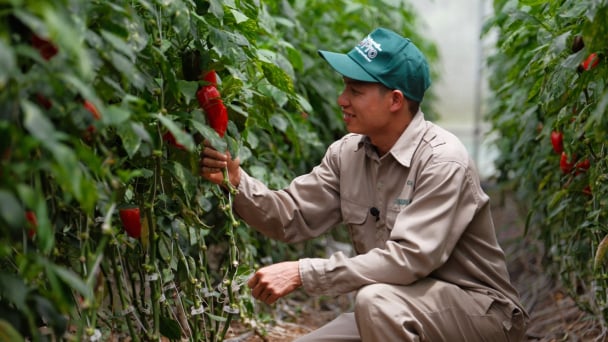
(VAN) Reducing emissions from agricultural and food production is a potential solution for Vietnam to implement its Nationally Determined Contribution (NDC) 3.0.
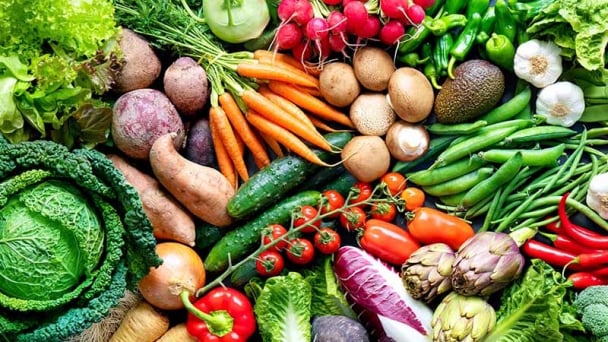
(VAN) The national action plan for food system transformation needs to align with the decentralization requirements under Vietnam's upcoming two-tier government model.
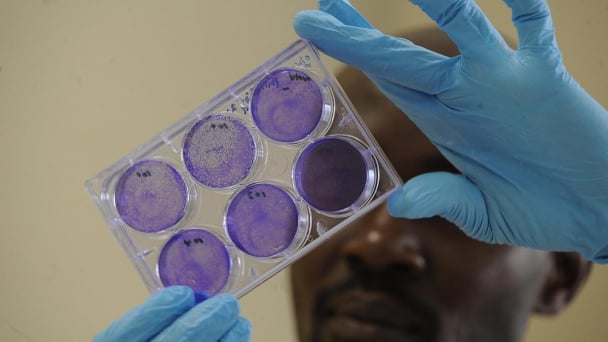
(VAN) The Food and Agriculture Organization’s Strategic Framework and its Science and Innovation Strategy make a simple case: solving systemic problems requires systemic solutions.
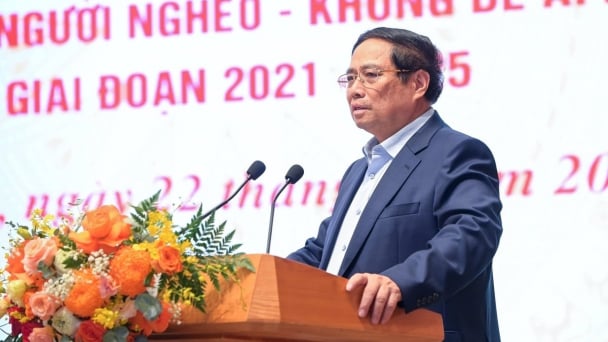
(VAN) Vietnam's national goal programs have effectively mobilized the combined strength of agriculture, farmers, and rural areas, thereby enhancing the material and spiritual well-being of the Vietnamese populace.

(VAN) The waste of resources from agricultural by-products and the situation of counterfeit and poor quality goods in production causing losses of thousands of billions were pointed out by the National Assembly deputy.

(VAN) After 5 years of implementation, the CAI initiative has helped coffee growers change their farming practices, moving toward responsible agriculture that meets global export standards.

(VAN) The primary prerequisite for the comprehensive and robust integration of Vietnam's livestock sector into the global value chain is the establishment of a disease control system.